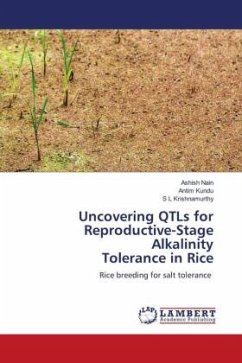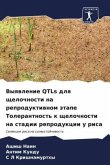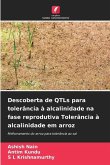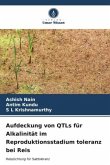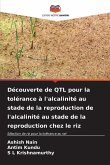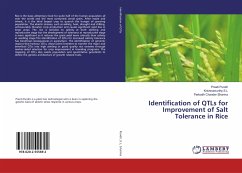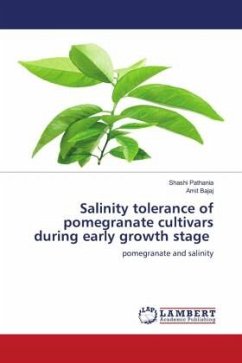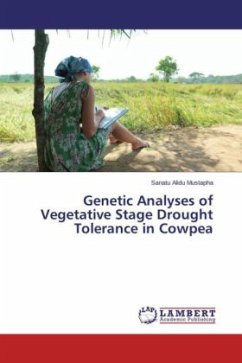Rice serves as the staple food for approximately half of the global population, making its sustainable production of paramount importance for food security. However, rice production faces significant challenges due to various abiotic stresses, with soil salinity being a particularly widespread issue affecting a large expanse of rice-growing areas. Soil salinity disrupts normal rice growth and significantly reduces yield potential. To address this challenge, the development of rice cultivars with improved salt tolerance is crucial in order to increase production in affected regions. Marker Assisted Selection (MAS) emerges as a pivotal breeding method in this endeavor. MAS leverages molecular markers to select for specific traits, facilitating the identification of salt-tolerant rice genotypes efficiently and accurately. QTL (Quantitative Trait Locus) mapping plays a vital role in dissecting the genetic control of salt tolerance in rice. By identifying the specific genomic regions associated with salt tolerance, QTL mapping aids in the development of molecular markers that can be utilized in MAS.
Bitte wählen Sie Ihr Anliegen aus.
Rechnungen
Retourenschein anfordern
Bestellstatus
Storno

